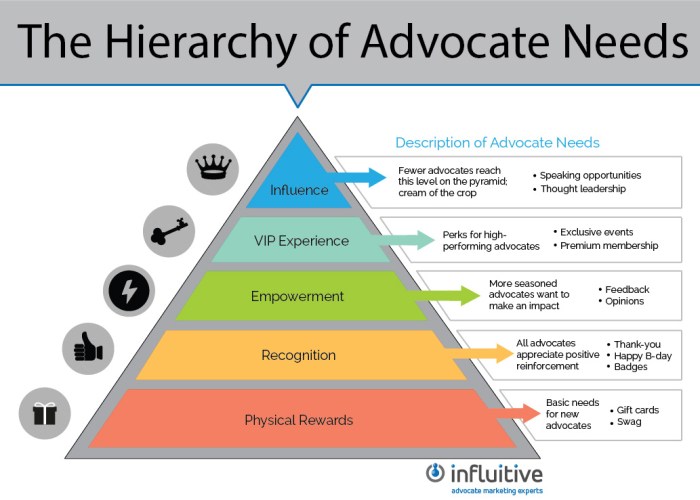As advocates counselors are aware that – As advocates, counselors are aware that they have a unique opportunity to make a positive impact on the lives of their clients and communities. They can use their expertise to advocate for policies and programs that support the well-being of individuals, families, and groups.
In this article, we will explore the ethical obligations of counselors as advocates, discuss the role of counselors in systemic advocacy, and provide strategies for effective advocacy.
Counselors have a duty to advocate for their clients’ best interests. This means being aware of the ethical principles that guide counseling practice and ensuring that their advocacy efforts are in line with these principles. Counselors must also be mindful of the potential for conflicts of interest and take steps to avoid any situations where their personal interests could compromise their ability to advocate effectively for their clients.
Advocacy and Ethical Responsibilities: As Advocates Counselors Are Aware That

Counselors as advocates have ethical obligations to their clients, including:
- Maintaining objectivity and avoiding personal bias.
- Protecting client confidentiality.
- Acting in the client’s best interests.
- Being aware of and adhering to legal and ethical guidelines.
It is crucial for counselors to maintain objectivity while advocating for clients. They must be able to separate their personal feelings and beliefs from their professional responsibilities. Counselors can advocate for clients without compromising their ethical principles by:
- Using evidence-based practices.
- Consulting with other professionals.
- Seeking client feedback.
- Being aware of their own biases and limitations.
The Role of Counselors in Systemic Advocacy

Counselors can play a vital role in advocating for systemic change. They can use their expertise to:
- Educate policymakers and the public about mental health issues.
- Advocate for policies that support mental health.
- Work with organizations to develop and implement programs that address mental health needs.
Counselors have successfully led systemic advocacy campaigns for:
- Increased funding for mental health services.
- Improved access to mental health care.
- Reduced stigma associated with mental illness.
Strategies for Effective Advocacy

Counselors can employ several effective advocacy strategies, including:
- Building relationships with policymakers and stakeholders.
- Using data and research to support their arguments.
- Using social media and other platforms to raise awareness.
- Collaborating with other organizations.
- Providing testimony at hearings and meetings.
| Role | Responsibility |
|---|---|
| Client Advocate | Represent the client’s interests in legal or administrative proceedings. |
| Policy Advocate | Influence policy and legislation related to mental health. |
| Community Advocate | Work to improve the mental health of a community. |
Challenges and Opportunities in Advocacy

Counselors may face challenges when advocating for clients, such as:
- Lack of resources.
- Resistance from policymakers.
- Stigma associated with mental illness.
Despite these challenges, advocacy presents opportunities for counselors to make a positive impact on their communities. They can:
- Improve the lives of their clients.
- Promote mental health awareness.
- Influence policy and legislation.
Resources and organizations that support counselors in their advocacy efforts include:
- The American Counseling Association.
- The National Association of Social Workers.
- The Mental Health Association.
Question & Answer Hub
What are the ethical obligations of counselors as advocates?
Counselors have a duty to advocate for their clients’ best interests. This means being aware of the ethical principles that guide counseling practice and ensuring that their advocacy efforts are in line with these principles. Counselors must also be mindful of the potential for conflicts of interest and take steps to avoid any situations where their personal interests could compromise their ability to advocate effectively for their clients.
What is the role of counselors in systemic advocacy?
Counselors can use their expertise to advocate for systemic change. This means working to change policies and programs that create or perpetuate social injustice. Counselors can advocate for systemic change through a variety of means, such as research, public education, and policy lobbying.
What are some strategies for effective advocacy?
There are a number of strategies that counselors can use to be effective advocates. These strategies include building relationships with policymakers and stakeholders, using research to support their advocacy efforts, and developing a clear and concise message.